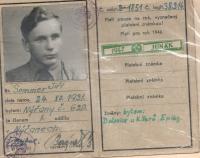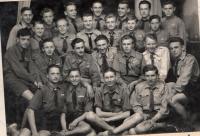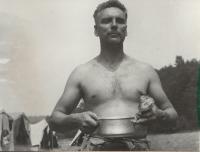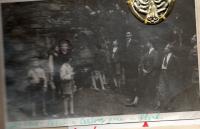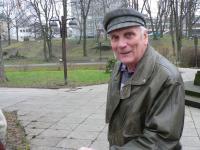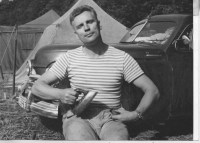Those who absorb these ideas and truths can never become scoundrels again
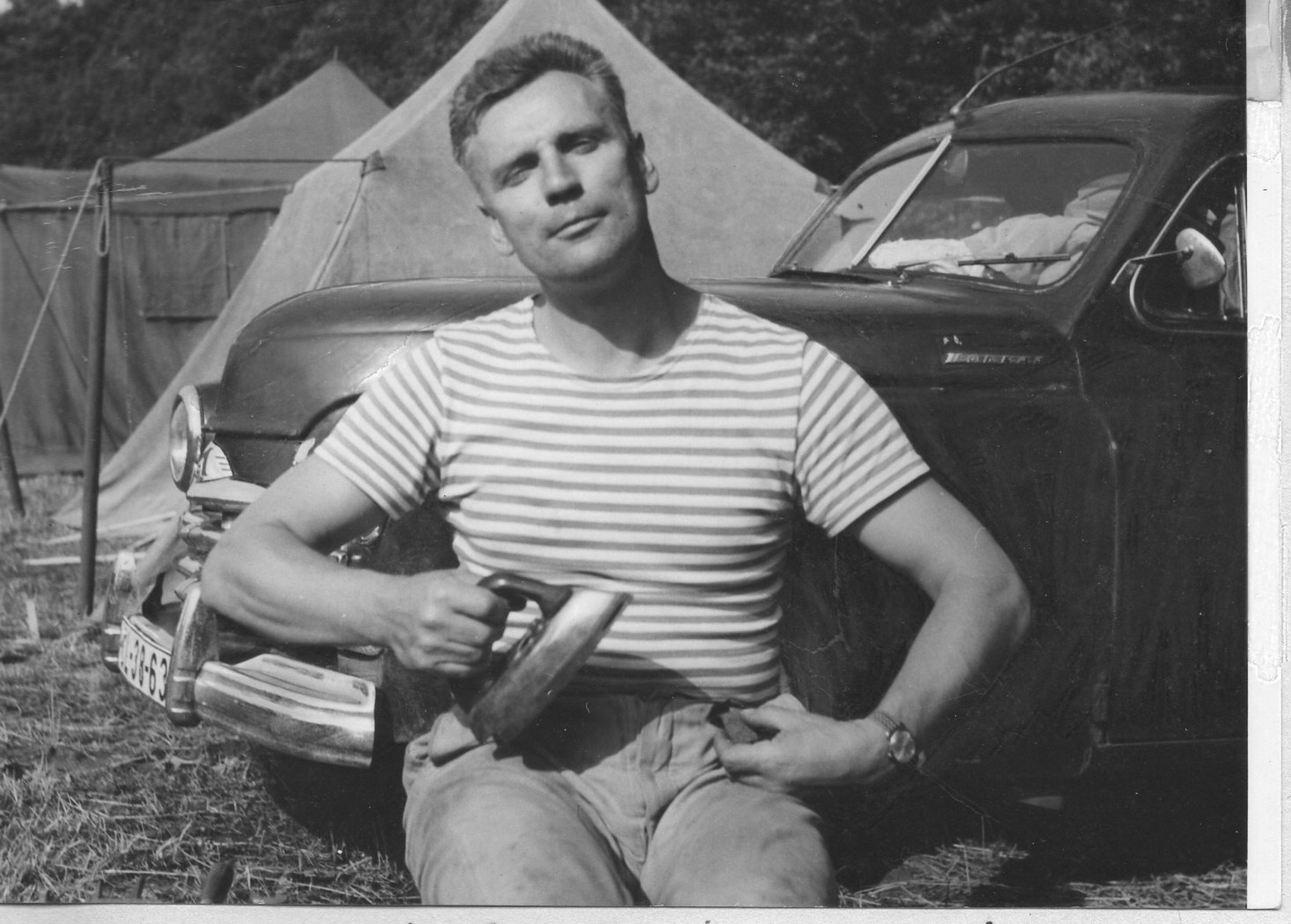
Stáhnout obrázek
Jiří Sommer was born on December 24, 1931, in Pilsen. His father was a policeman and remained a policeman during WWII under the oversight of the Germans. At the age of 6, Jiří was introduced to the scouting. He became a Cub Scout and obtained his first nickname „Šluky“. On May 6, 1945, after the liberation of Pilsen by U.S. forces, he helped to maintain discipline and order in the city. Although he was only fourteen years old by then, he was put in charge of a group of Italian POWs that he escorted to the hospital. The next day, he even got a gun and together with a bunch of other boys he was guarding the airport. This task in effect changed his life because by coincidence, he met General Eisenhower at the airport, took a picture of him and even shook his hand. After the war, his family moved to Nýřany, a town in the Sudetenland. There, Mr. Sommer took active part in scout activities for the next two years. After he completed elementary school, he left for Karlovy Vary (Carlsbad) where he worked as an auxiliary worker. In the period of the Communist regime, he lived in Doksy where he worked as a worker in the nearby uranium mines in Stráž pod Ralskem because he had been fired from all other jobs. After the fall of Communism, he became the leader of the Cub Scouts in Nový Bor. He organized a couple of summer camps and when he grew older, he took care of the local Scout center together with his fellow scouts, brother Viki and brother Šedý vlk (grey wolf). He was the delegate of the „old scouts“ at the 5th Scout assembly. As a reaction to the assembly, he wrote a letter and had it published in the root newspaper of the old scouts. He criticized the State of the then leadership. During his years in scouting, his brother, Sommer, got the nickname „Sum“.
